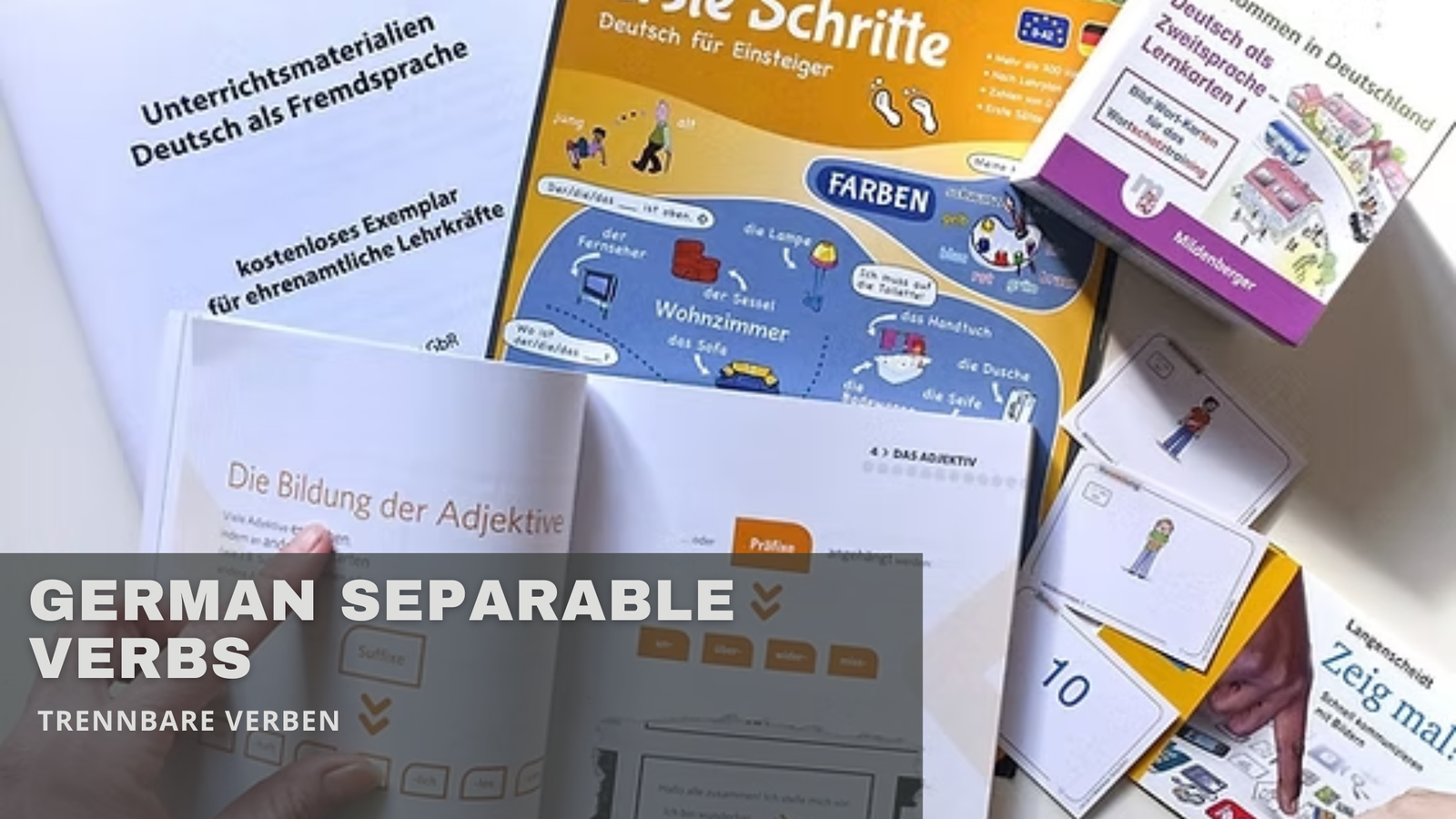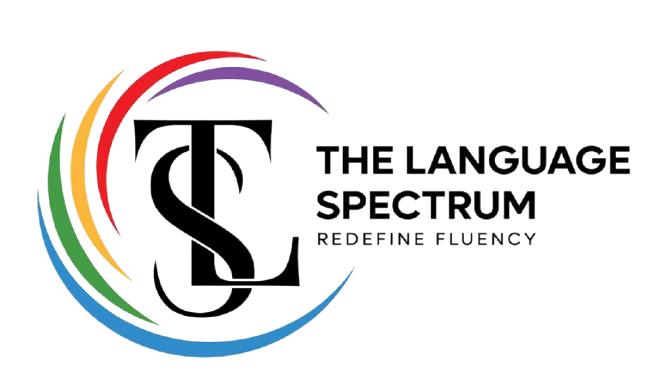Germany has a world-class healthcare system with an aging population and a constant need for skilled medical professionals. Because of this, it has become a top place for aspiring nurses from all over the world. For Indian and other non-EU students, Germany offers an affordable, structured, and respected way to build a long-term nursing career. This complete guide, brought to you by The Language Spectrum, the best German institute in Delhi, will help you navigate the path to becoming a nurse in Germany.
Why Choose Germany for a Nursing Career?
Germany offers a compelling opportunity for a nursing career. With a growing older population and expanding healthcare services, there is a high and consistent demand for nurses. The government actively seeks foreign professionals to fill the gap, with plans to hire 150,000 foreign nurses by 2025. This demand leads to:
- Stable Employment & Career Growth: Nurses in Germany have job security, clear career paths, and good salaries. The average nursing salary in Germany saw a 4.7% increase in 2024, showing the growing value of healthcare professionals.
- Free or Low-Cost Education: Vocational training (Ausbildung) in Germany is either free or heavily subsidized. Students can also earn a monthly stipend while they train.
- Permanent Residency & Citizenship Pathway: After working for a few years, you can apply for permanent residency and eventually German citizenship, providing long-term security.
Understanding the Nursing Ausbildung Program
The “Pflegefachfrau / Pflegefachmann” (Nursing Specialist) program is a 3-year vocational training program (Ausbildung) that combines classroom learning with on-the-job experience. It covers basic care, emergency care, and care for the elderly and children. Completing this program gives you a state-recognized certificate, allowing you to work as a registered nurse across Germany and the EU. A strong foundation in the German language is the first step toward enrolling in this program.
Eligibility Criteria for Indian Students
To apply for the Nursing Ausbildung program, Indian students must meet several criteria, with German language proficiency being the most critical:
- Academic Qualification: You need to have passed the 12th standard, preferably in the Science stream.
- German Language Proficiency: A minimum B1 level of German is mandatory, with employers often preferring a B2 level. You must pass a recognized exam like Goethe or TELC.
- Other Requirements: You will also need a clean medical history, a police clearance certificate, a motivation letter, and a CV.
The Role of The Language Spectrum in Your Journey
At The Language Spectrum, we ensure your success every step of the way. We provide intensive German training from A1 to B2/C1 and specialize in preparing you for Goethe and TELC exams. We are recognized as the best German institute for Goethe exams in Delhi due to our structured approach and high pass rates.
Our support goes beyond just language training. We offer full assistance with documents and visas, and we help with job placement at reputable healthcare institutions in Germany. For example, our alumni, like Anjali Sharma, went from Delhi to Düsseldorf with our help. She reached C1 fluency, passed her TELC exam, and got a job at a well-known hospital.
Salary Expectations and Financials
The Nursing Ausbildung program offers a great financial advantage:
- During Ausbildung: You can expect a monthly stipend of about €1,100 in your first year, increasing to €1,300 in the third year.
- After Ausbildung: As a registered nurse, your starting salary is between €2,800 and €3,300 per month, which can increase significantly with experience.
Conclusion
A nursing career in Germany is more than just a job; it’s a life-changing opportunity. It gives you financial stability, career growth, international experience, and a chance to make a real difference. With The Language Spectrum as your partner, the path to becoming a nurse in Germany becomes smoother and full of possibilities.









One Response